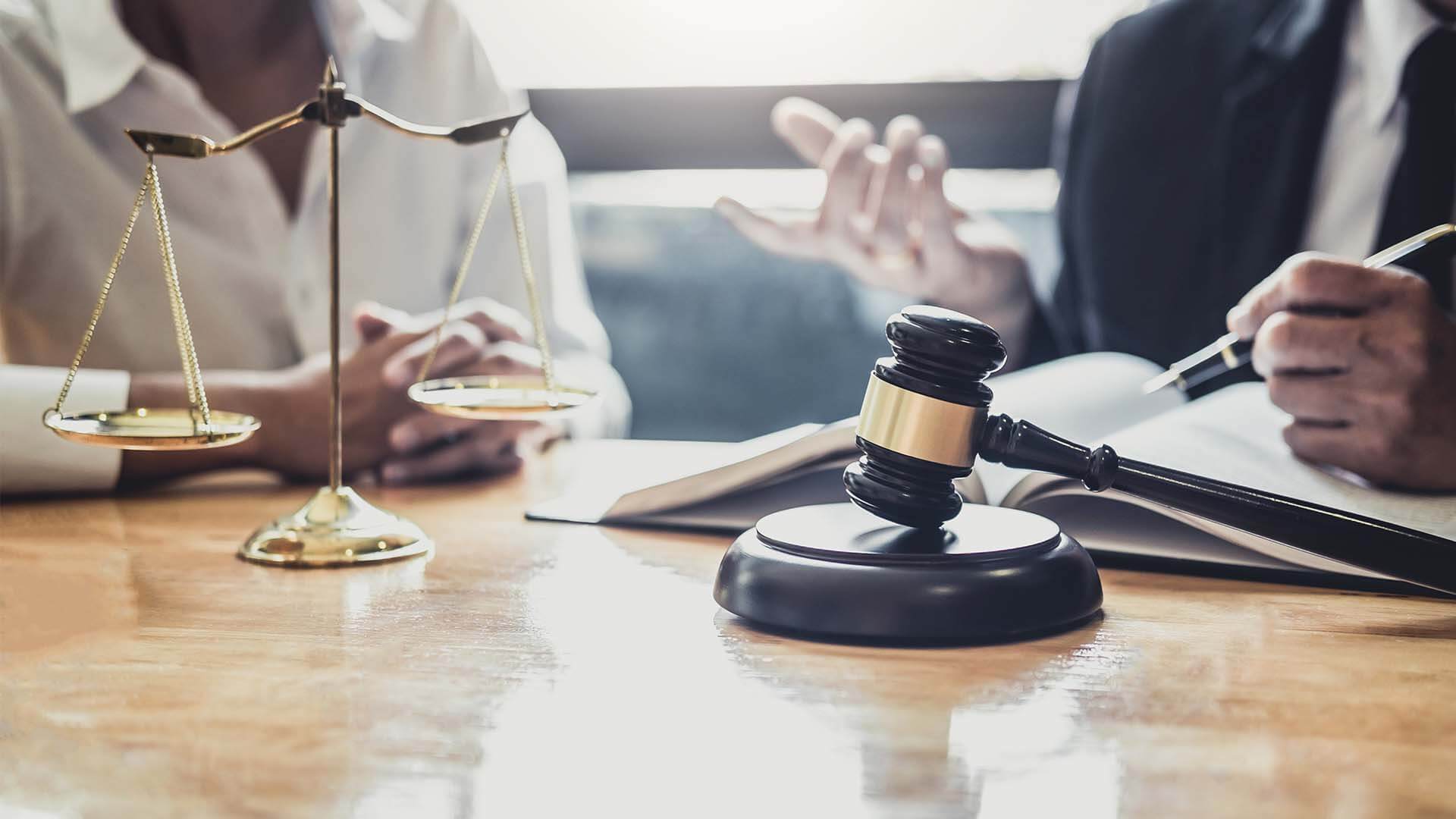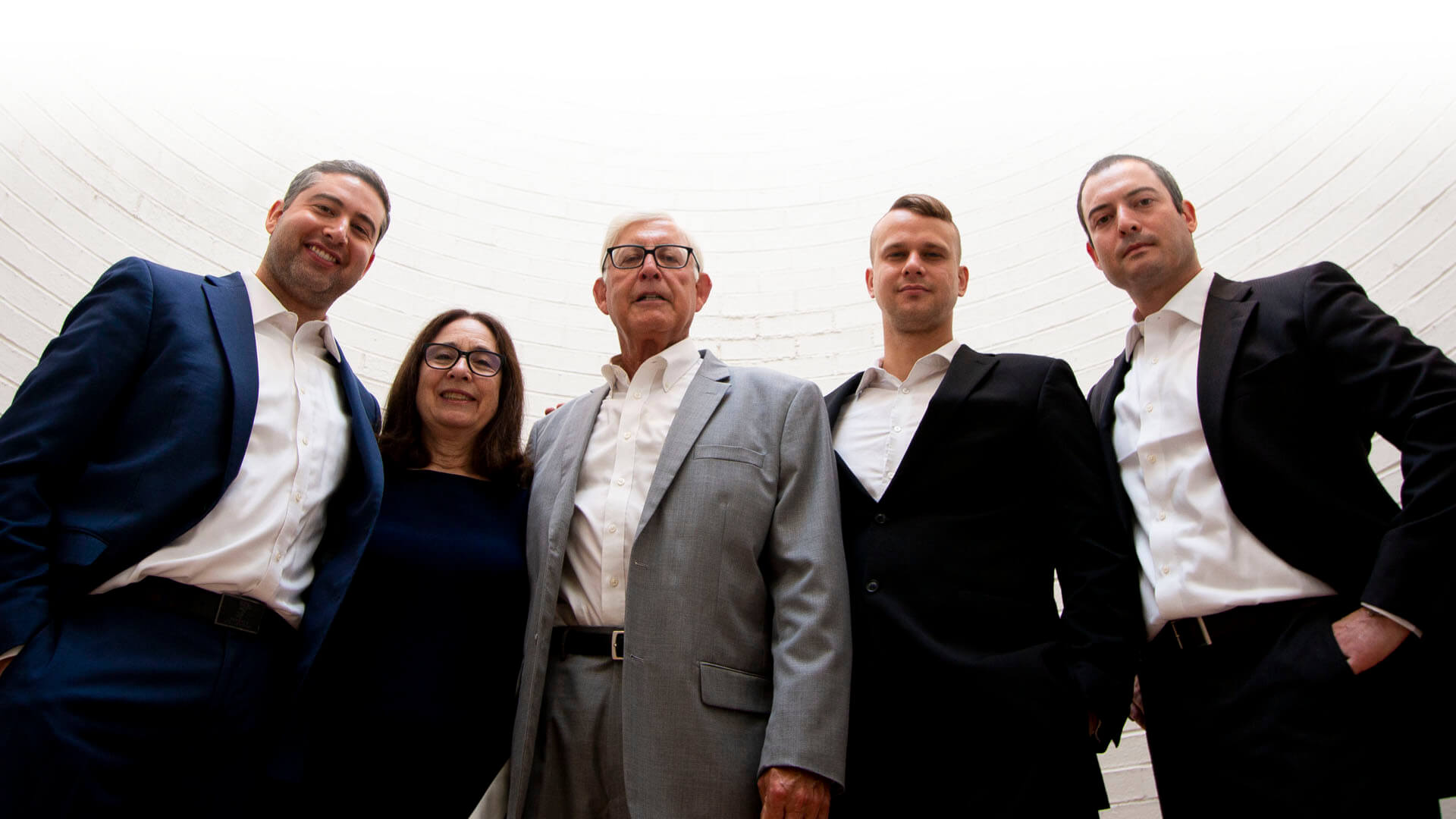Frequently Asked Questions
What is litigation and how does it work?

“I’ll see you in court!”
How many times do you think that has been said? A better question, how many times do you think the case ends up in court?
Litigation can end up in court, but it can also mean settling a case before it ever reaches a judge and jury. In this brief guide, we’ll go over the basics of litigation and the process to help you understand what really happens with a lawsuit.
Table of Contents
What is the definition of "litigation"?
Cornell Law School defines litigation as the “process of resolving disputes by filing or answering a complaint through the public court system.” 1
It’s a common misconception that litigation means that you’re taking someone to court. In reality, the majority of legal matters never make it to a courtroom as most litigation is done and settled before the court is ever called into session.
- Cornell Law School: https://www.law.cornell.edu/wex/litigation
What is the difference between a lawsuit and litgation
Litigation is the entire process of settling disputes through the court and other legal processes. A lawsuit is a formal part of the litigation process.
What happens during litigation?
While there is a general structure to the litigation process, there are many different directions a case can take before it reaches a resolution. Some may end rather quickly while others can go through the entire process and even endure some steps after the judgment is made.
To keep it simple, let’s break down the litigation process into 5 steps:
- Investigation
This is the informal start of a legal claim that involves a client approaching an attorney with their complaint or case. The attorney or law firm will independently research the case, and if accepted – they will move on to the next step with the client. - Demand Letters and Pre-Trial negotiation
After investigating the case, the attorney will draft a letter and present it to the defending party. This letter should consist of an outline of the case, the facts that have been discovered, and the desired compensation for injuries and damages. This letter and the aforementioned desired compensation can be countered by the defending party and often times a little back-and-forth can happen between both legal parties. If a resolution is agreed upon, the case can be settled before even going to court. - Out-of-Court Dispute Resolution
If both parties cannot come to a resolution in the initial negotiations either party may suggest using alternative dispute resolutions rather than going to a full courtroom trial. These may include processes like mediation or arbitration – both of which are more informal than a judge and jury trial and will typically include an unbiased third party that aids in coming to an agreement. - The Courtroom
At this point, all options to reach a settlement without going to court have been exhausted and the only way to resolve the issue is to go to a formal trial. This involves both parties preparing their case before presenting their arguments before a judge and jury. A judge instructs the jury on the laws relevant to the case while the jury decides on the outcome. Even after a judgment is delivered, either side can appeal to a higher court of law and extend the litigation process if they are unhappy with the results. - Post-litigation
After a verdict is reached, there is still work to be done by both legal parties. If financial compensation was awarded, both sides may negotiate payment terms – among other details.
Keep in mind, this is a general outline of the litigation process. As you can imagine, every case is different and each presents its own unique challenges and obstacles. There are many factors that go into determining how long the litigation process takes, but a general rule of thumb is the more complex, the longer a case will take.
How can I find a lawyer to litgate my case?
Choosing a lawyer is up to the client.
If you ever find yourself in need of legal representation, remember that you are not required to choose the first lawyer you talk to. Also, you shouldn’t just immediately gravitate to the names you hear on TV or see in ads. Ask friends and family if they have any recommendations. Do some online research and make sure you’re choosing an attorney or law firm that has a successful track record in delivering results for cases similar to yours.
If you ever find yourself needing to have a lawyer review your case you can always reach out to the team at Schiffman Firm for a free consultation.
Answered By:
Attorney Daniel SchiffmanMore About Daniel:
Daniel S. Schiffman, a partner at Schiffman Firm, is a litigator who practices primarily in the fields of personal injury, product liability, and business litigation. Attorney Schiffman is licensed to practice law in all Pennsylvania state courts (60 judicial districts) and all three of Pennsylvania’s federal district courts.
More Frequently Asked Questions
Which Goodyear tires have been recalled?
What are the most recent tire recalls?
What were the most expensive product recalls of 2023
What are the biggest automobile recalls of 2024?
What are bowriders and why are they dangerous?
What are the dangers of infant inclined sleepers and beds?
What do I do if I was injured by a Peloton?
What is seatback failure?
How are electric bikes (e-bikes) dangerous?
What are the hidden dangers of car seats for children?
When Bad Products Hurt Good People - Your Case Is Our Cause
Which Law Firm Handles Product Liability and Defective Product Personal Injury Claims?
With over 100 years of collective legal and trial experience, the team at Schiffman Firm has been a leader in providing trusted legal representation to injured victims and other types of clients in Pittsburgh, Pennsylvania.
With a focus in product liability cases caused by dangerous and defective consumer and commercial products, our attorneys bring vast amounts of experience and expertise to victims and families that have suffered an injury caused by defective products like, but not limited to:
Automobiles and Airbags
Firearms, Bows, and Hunting Equipment
Power Tools, Machinery, and Snow Blowers
Infant Inclined Sleepers, Beds, and Rockers

